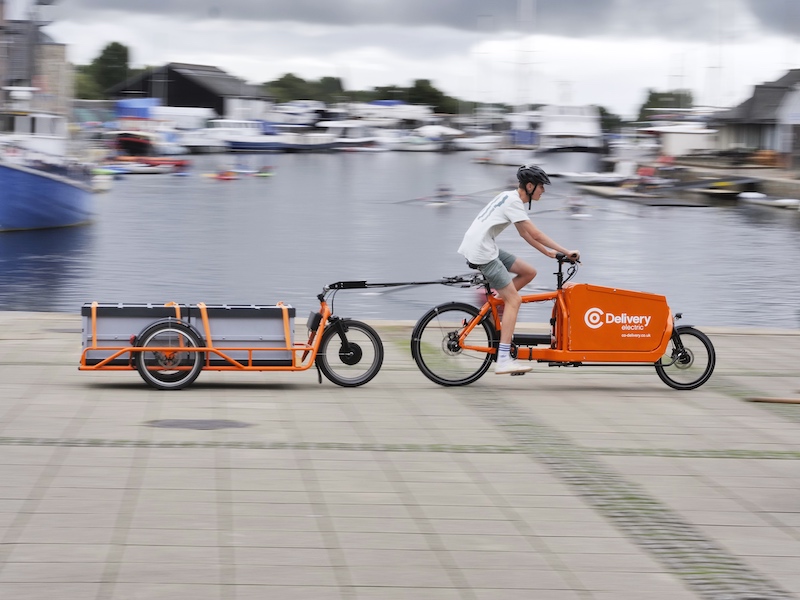The problem:
One of Binit’s core aims is to reduce the impact of heavy vehicle movements. Many of Europe’s cities are still built on medieval layouts and we are increasing efforts to ensure pedestrians and cyclists feel safer in urban areas. Unfortunately, the most efficient way to collect waste is in a 26-tonne bin lorry. Electric bin lorries are finally appearing on our streets. But demand is high, supply is low and it will be a while before it’s the norm. In the meantime, diesel is the fuel of choice and this will prevent waste collections from reaching net zero.
Binit worked closely with InExeter (the Business Improvement District) to find out what valuable materials contribute to this problem. Small electrical equipment was the obvious waste stream, mainly because of the high environmental impact of landfills or energy from waste. Waste electrical and electronic equipment (WEEE) can also have a high value. This is why we focused on methods that minimise damage to the materials while reducing carbon footprint from collecting it on a commercial scale.
The solution:
The solution was staring us in the face: cargo bikes. Agile, zero-emission and with minimal cost to function; they make the ideal transportation for materials without adding to congestion. Binit partnered with Co-Delivery, Exeter’s local cargo bike delivery firm. We have a particular love of Co-Delivery as we met Jenny, its founder, on the Exeter City Futures Accelerator programme when we were setting up back in 2017. To make the dream come true, the final step was to market our solution and get people on board. To make this happen we delivered gorgeous woven bags-for-life, embroidered with simple information on what to recycle and who to contact. Easy!
This net-zero waste solution takes us one step closer to a circular economy. Co-Delivery collect small electrical items from businesses in the centre of Exeter. They take these to a central bulking point where they are moved out of the city by van. The cargo bikes are whizzing around all day making deliveries so collections are made on the existing routes. A little more effort in planning means that we have made massively less impact with our collections. Simple.


